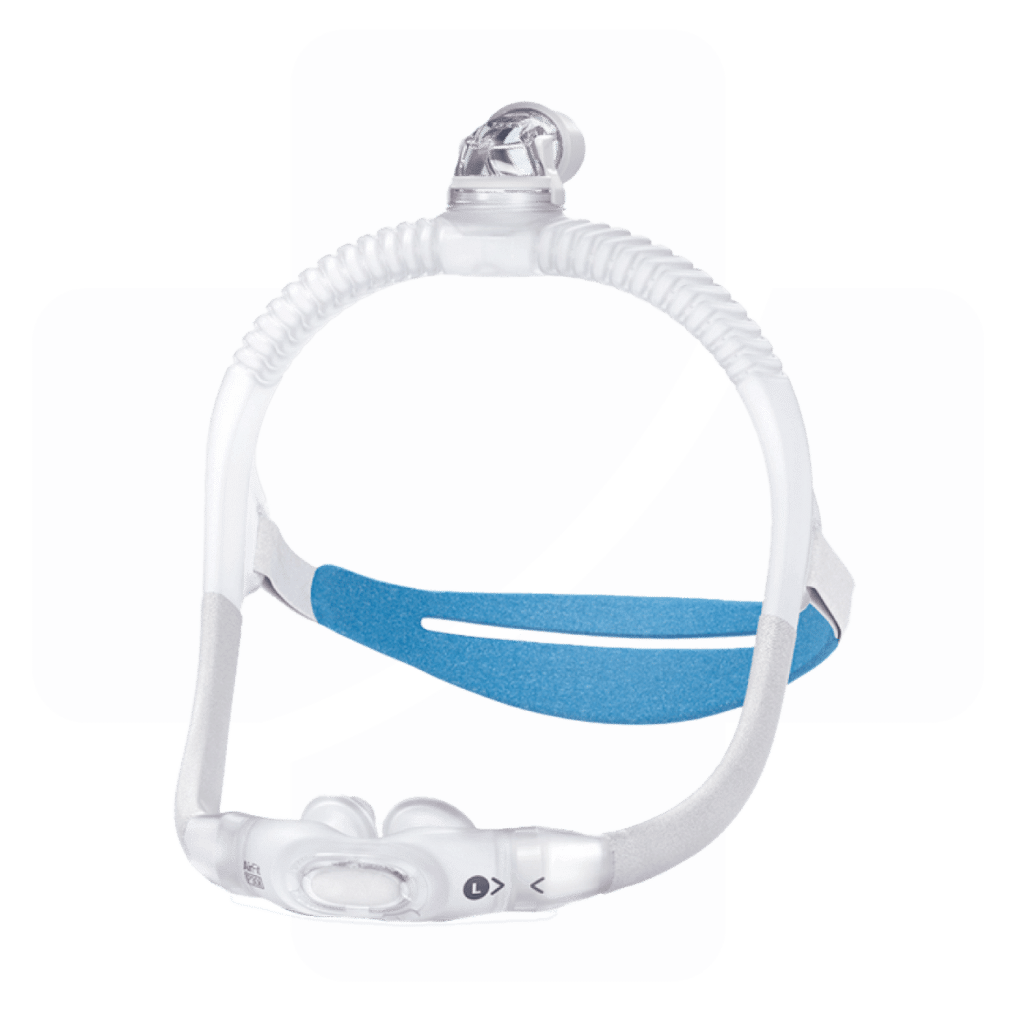Sleep apnea is a common but often underdiagnosed medical condition, affecting millions of people around the world. Characterized by repeated interruptions in breathing during sleep, this condition can have serious impacts on overall health and quality of life. This article aims to shed light on crucial aspects of sleep apnea, including its symptoms, risks, and approaches for effective diagnosis and treatment.
Sleep apnea is a sleep disorder where the patient’s breathing stops and starts several times during the night. There are three main types of sleep apnea: obstructive sleep apnea (OSA), the most common, caused by a blockage of the airway; central sleep apnea, linked to brain dysfunction in regulating breathing; and mixed sleep apnea, a combination of the first two types.
Symptoms of sleep apnea can vary, but they generally include:

Although sleep apnea can affect anyone, certain factors increase the risk of developing this condition:
Overweight and obesity: Extra tissue in the throat can block the airway.
Age: Risk increases with age, although sleep apnea is not limited to older adults.
Gender: Men are more likely to have sleep apnea than women, although women’s risk increases after menopause.
Heredity: A family with a history of sleep apnea may increase the risk.
Consumption of alcohol and sedatives: These substances can relax the throat muscles, making sleep apnea worse.
Untreated sleep apnea is associated with a variety of long-term health problems. These risks include:
Cardiovascular Disease: Repeated interruptions in breathing increase blood pressure and stress the heart, which can lead to heart disease, heart attacks, and stroke.
Diabetes: Sleep apnea can affect the way your body uses insulin, increasing your risk of developing type 2 diabetes.
Metabolic disorders: Sleep apnea can contribute to metabolic syndrome, a group of conditions that include high blood pressure, high cholesterol, and a large waistline.
Mental health issues: Chronic fatigue due to poor sleep can lead to irritability, depression, and mood disorders.
Impaired daily performance: Daytime sleepiness can affect work, learning and daily activities, also increasing the risk of accidents, especially while driving.
Diagnosing sleep apnea usually involves a doctor’s consultation and a sleep study, which monitors bodily functions during sleep. Treatments vary, from using a CPAP machine, which keeps the airways open, to surgical procedures for severe cases. Lifestyle changes, such as losing weight and avoiding alcohol, also play a key role in managing sleep apnea.

Subscribe to our newsletter